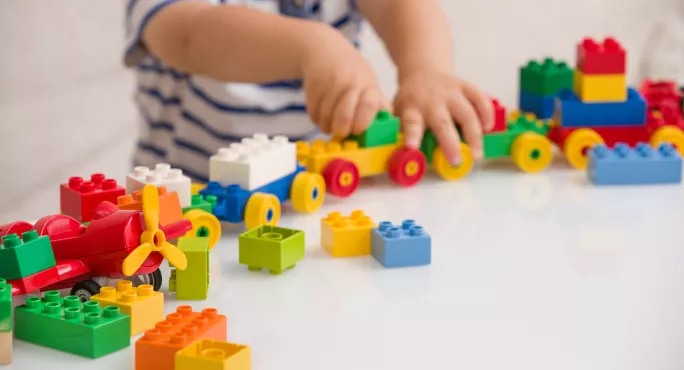3 tips for teaching maths in EYFS
How can we best teach maths in early years foundation stage? Julian Grenier gives his view
Share
3 tips for teaching maths in EYFS
https://www.tes.com/magazine/archive/3-tips-teaching-maths-eyfs

I sometimes meet early years practitioners who think that young children will learn maths “naturally” in a maths-rich environment.
I used to be one of them.
It’s a view that would be charming if it wasn’t so damaging, especially for disadvantaged children.
At the other end of the spectrum, I sometimes see nursery children with “maths books” stuffed with worksheets. This approach can stunt their interest in maths, and their understanding that mathematical thinking can be applied creatively and to solve real problems.
So, what do children need? There is a surprising lack of robust research in the area of early maths. An honest answer is that we don’t exactly know.
But here are some pointers, drawing on the research that does exist.
First of all, counting and understanding number are tricky. It takes a long time for most children, and some have particular difficulties.
To be able to count means you have to know at least three very different, and complex things:
This learning takes a long time, so teachers should give pupils plenty of time to develop these skills.
Play is important in learning maths. Researchers Douglas Clements and Julie Sarama have estimated that young children, including toddlers, engage in spontaneous mathematics during almost every 30 seconds of free play.
But play experiences are not enough. It’s also very unlikely that seizing on “teachable moments” will do the trick.
As Clements and Sarama comment, “it is unrealistic for any teacher to see opportunities for multiple children to build multiple concepts consistently over the year”.
The evidence suggests that children benefit from playful approaches to maths in the early years and key stage 1. They need to be learning maths throughout the day, not just in specific sessions.
Adult-guided, small group sessions help them to develop the specific skills and understanding they need. Play enables children to deepen their understanding.
It is important for schools to have a curriculum designed on a progression model, which thinks through how maths learning in school begins in their early years provision, and enables children to build and consolidate their learning over time. Otherwise, disadvantaged children, in particular, will miss out.
As Professor Becky Francis points out in the introduction to the EEF’s guidance on Improving mathematics in the early years and key stage 1, “in 2018, just 66 per cent of disadvantaged children achieved at least the expected level of development for number at the end of the early years foundation stage compared to 82 per cent of their peers. Once children fall behind, it is hard for them to catch up.”
It’s nice to imagine that all children will learn maths naturally, just through independent play which may be extended in “teachable moments”.
Unfortunately, it’s a point of view which can set children up for a future in school that’s far from pleasant.
Dr Julian Grenier is the headteacher of Sheringham Nursery School and Children’s Centre. He co-leads the East London Research School
You've reached your limit of free articles this month. Subscribe for £1 per month for three months and get: